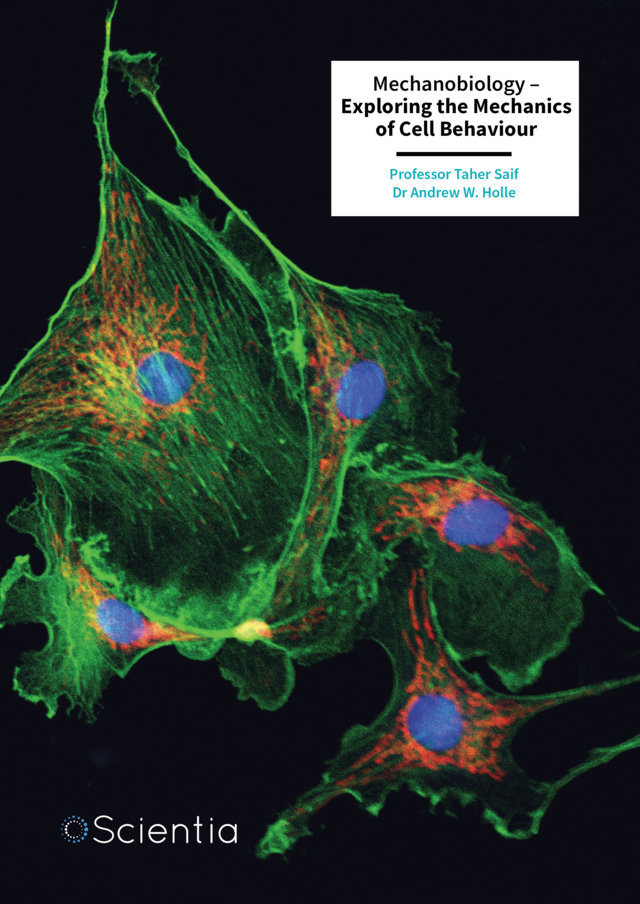Cholangiocarcinoma is an aggressive cancer that begins in the bile ducts. While the cancer is relatively rare, affecting approximately 8,000 people in the United States each year, unfortunately, it is often undiagnosed until an advanced stage. This late diagnosis makes cholangiocarcinoma very challenging to treat, and less than 10% of patients survive for five years after diagnosis. Traditional anti-cancer treatments, such as chemotherapy, have only limited effectiveness in cholangiocarcinoma, and can cause serious side effects. Recently developed immunotherapy and targeted therapies have provided promising options for this difficult-to-treat disease. Dr. Kim Saverno of the Incyte Corporation, a biopharmaceutical company headquartered in the U.S., and the study’s co-authors, have been studying the real-world use of an FDA-approved targeted drug for cholangiocarcinoma called pemigatinib. Pemigatinib was approved by the FDA in 2020. It can be specifically used for cholangiocarcinoma patients who have genetic changes in a protein known as fibroblast growth factor receptor 2, or FGFR2 for short. Their study, to the best of our knowledge, is the first to examine pemigatinib’s use in real-world settings, and reveals information about treatment patterns, FGFR2 testing patterns, and effectiveness of pemigatinib for cholangiocarcinoma when used in everyday practice. More
Cholangiocarcinoma arises from cells in the bile ducts, which are small tubes that transport bile, a digestive fluid that breaks down fats, from the liver and gallbladder to the intestines. These bile ducts can be affected by cancerous changes in two main regions: the intrahepatic area (which is inside the liver) and the extrahepatic area (which is outside the liver and closer to the intestines). Although this cancer is rare, making up only 3% of gastrointestinal cancers diagnosed in the US, it is among the most aggressive cancers found in the gastrointestinal tract, and underlies approximately 20% of the deaths caused by gastrointestinal cancer. Its late diagnosis is a key reason why effective treatments are urgently needed. As a targeted therapy, pemigatinib focuses on a genetic characteristic of some cholangiocarcinoma cells. This involves mutations or rearrangements in the FGFR2 gene, which are found in around 10-15% of patients with intrahepatic cholangiocarcinoma. This gene typically helps to control cell growth, but in these patients, it malfunctions, allowing cancerous cells to grow uncontrollably.
Pemigatinib works by blocking this dysfunctional FGFR2 pathway. This “targeted” approach represents a shift away from traditional chemotherapy, which generally affects both cancerous and healthy cells, leading to a wide range of side effects. Targeted therapies such as pemigatinib, on the other hand, are aimed specifically at molecular abnormalities in cancer cells, reducing the overall damage to healthy cells and often resulting in fewer side effects for the patient.
Pemigatinib has shown promise in cholangiocarcinoma patients with FGFR2 abnormalities in previous clinical trials. However, Dr. Saverno and colleagues assessed how effective pemigatinib is in real-world medical practice, examining data from 120 patients treated with pemigatinib by oncologists across the United States. This “real-world evidence” is crucial because while clinical trials are conducted in highly controlled environments, real-world settings provide a broader perspective. Patients in everyday practice may differ from those in clinical trials; they may have additional health conditions, belong to various demographic groups, or face challenges in following strict treatment regimens. This diversity can affect how well a drug works and what side effects it might cause.
The findings are promising. Dr. Saverno and colleagues found that among the patients treated with pemigatinib, approximately 59% responded positively, meaning that their cancer showed either a partial or complete reduction. The median progression-free survival, which indicates how long patients lived without their cancer worsening, was 7.4 months. These findings support the clinical trial results demonstrating the clinical benefit of pemigatinib among patients with cholangiocarcinoma.
Many cancer treatments are discontinued by patients as the side-effects become intolerable. However, this study found half of the patients were still taking pemigatinib by the end of the 6.5-month median follow-up period, highlighting its potential for sustained use.
For patients to benefit from pemigatinib, they first need to undergo genetic testing to identify FGFR2 mutations. Among the population of patients who had received pemigatinib for the treatment of cholangiocarcinoma in Dr. Saverno’s study, over 90% of patients who were tested showed FGFR2 mutations, and this testing played a crucial role in determining eligibility for pemigatinib. Typically, next-generation sequencing was used, a powerful technique that analyzes DNA to identify genetic mutations and helps doctors match patients with targeted therapies. The study highlighted that most patients with FGFR2 mutations were prescribed pemigatinib as a second-line therapy, meaning they received it, according to the FDA approved indication, after initial treatments such as chemotherapy proved insufficient.
One important aspect of this study is that it included a racially diverse patient group, with participants from different ethnic backgrounds and regions. This diversity matters because responses to cancer treatments can vary across populations, and the inclusion of varied demographics makes the study findings more widely applicable. More than half of the study participants were White, while 20.8% were Black or African American, and 19.2% were Hispanic. These latter two groups are often underrepresented in clinical trials. This diversity is particularly valuable for assessing how different populations respond to pemigatinib and offers insights into its effectiveness across a broad range of patients.
This research highlights the growing importance of precision medicine, an approach that tailors treatment to a patient’s specific genetic profile rather than relying on one-size-fits-all therapies. By focusing on FGFR2 mutations, pemigatinib targets a key vulnerability in certain cholangiocarcinoma cells, offering a more individualized and potentially effective treatment option. This is especially meaningful for a cancer as challenging as cholangiocarcinoma, where few effective treatments exist, and where traditional options often come with high toxicity and limited success.
In conclusion, Dr. Saverno and her colleagues’ research provides insights on the real-world treatment patterns, FGFR2 testing patterns, and effectiveness of pemigatinib for cholangiocarcinoma when used in everyday practice. The results highlight both the drug’s potential and the critical role of genetic testing in identifying the right patients for this targeted therapy. As more studies explore real-world applications of targeted treatments, the hope is that patients with cancers such as cholangiocarcinoma will have more effective, personalized options available, giving them a better chance at managing their disease and enhancing their quality of life.







